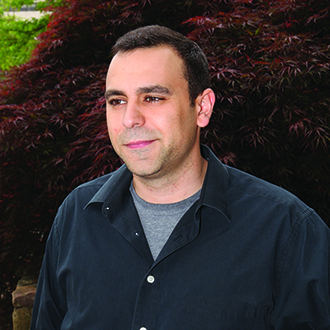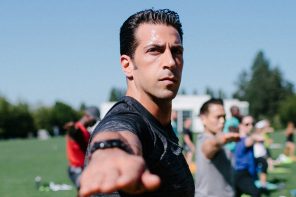It’s no coincidence that rugby is reappearing this year in the Olympics after a 92-year absence.
The sport, which plays like a cross between soccer and American football, has caught on at the same pace and intensity with which it’s played, spreading across the world and, now, throughout the United States.
The first North American professional rugby league, PRO Rugby, was established last year. And the sport has a particular hold on Fairfield County, with a youth program in Ridgefield, a long-respected program at Greenwich High School and a recently minted Division I women’s team at Sacred Heart University in Fairfield.
“It is definitely one of the fastest growing sports right now,” said Mike Pappa, president-player of the Fairfield Yankees Rugby Football Club, which is part of an accomplished adult league.
Established in 1975, the Yankees are among the oldest, if not the oldest, Fairfield County rugby associations and have twice won the national championship in their division, most recently this year.
“It was a fringe sport when I was in high school, and it is now something I am going to do for the rest of my life,” Pappa said.
The game stays true to mottos like, “From 6 to 60, rugby for life,” with such “old boys” rugby teams as the Connecticut Grey Rugby Football Club being quite common.
“Rugby in general all over the world is a lifelong sport and I am regularly playing with 30-, 40- and 50-year-olds up into the 60s,” Pappa added. “They (the Connecticut Greys) are good players. I scrimmage them with my team and it is a match. It is a battle.”
Andres Sheppard, president and player with the Greenwich Men’s Rugby Club — which he co-founded in 2015 through The Old Greenwich-Riverside Community Center (OGRCC) — has been playing the game since he was a 5-year-old in Uruguay and has observed the sport’s rising popularity both at home and abroad.
“In Uruguay, it is offered as early as elementary school,” he said. “It is just a sport you grow up with and you really build strong relationships with your friends and in the community through playing. It is part of the tradition and culture there.”
The culture of rugby is something that often comes up in conversation. Both Sheppard and Pappa tout the game’s distinct rules and traditions as setting it apart.
“It is the only sport in the world where only the captain is allowed to speak to the referee and you have to address them as ‘sir’ at all times,” Sheppard said. “It is also the only sport in the world that mandates when the game is over, the home team must invite the opposite team for drinks and dinner. There is camaraderie, tradition, culture and a lot of history.”
The game is at times referred to as “the world’s contact sport,” Pappa added, both for the physical and personal interactions it produces.
While the sport’s physicality is well-known, the true nature of the violence may actually be misunderstood.
“People always get a little frightened when you say rugby has no pads whatsoever,” Sheppard added. “It is just you and your body and you have to tackle these huge guys. But ironically, there are fewer injuries in rugby than there are in football.”
While football features armored athletes colliding at full speed, rugby players use a distinctly different tackling style to bring down opponents.
“There is a lot of technique and strategy involved,” Sheppard said. “In rugby, you are taught from a very early age how to tackle properly without using your head, using your shoulder (instead) to tackle the person’s thigh and ankles and wrapping up with both hands. They call it cheek-to-cheek.”
Playing football in high school, Pappa pursued the game in college but was turned off by the “vibe” and left for the rugby team.
“I loved football, but I was just ready for something entirely different,” he said. “Rugby was very communal, very social in positive ways and engaged with the community. I fell in love with the sport, the community, the international culture. I went to New Zealand right after I graduated and played rugby there for a little bit.”
Traveling through New Zealand, Pappa said rugby clubhouses were his first stop whether he was looking for a friendly beer or tips on the sights to see and where to find work.
“It was more of a community center than just a basic sports location,” he said. “All age groups gather there and everyone would be around for games on all levels. The relationship between community and sport is really profound in a place like New Zealand.”
Rugby also sets itself apart as a less hierarchical sport, with all players sharing the responsibility and the limelight that comes with tackling and scoring, as opposed to the highly specialized positions found in football.
“On the field, everybody is expected to be able do everything,” Pappa said. “Everyone has to be onboard, and you have to be able to trust the man next to you. That level of dependence and trust really facilitates a real brotherhood. That is a word we throw around a lot in rugby. It is a brotherhood and sacrificing for your brothers is a big part of the sport.
“People do lose their tempers now and again. But after the game, you are expected to shake the other player’s hand and go to a social dinner and talk and realize you are playing the game for a bigger reason than yourself.”
For more, visit fairfieldyankeesrugby.org and myogrcc.org.





